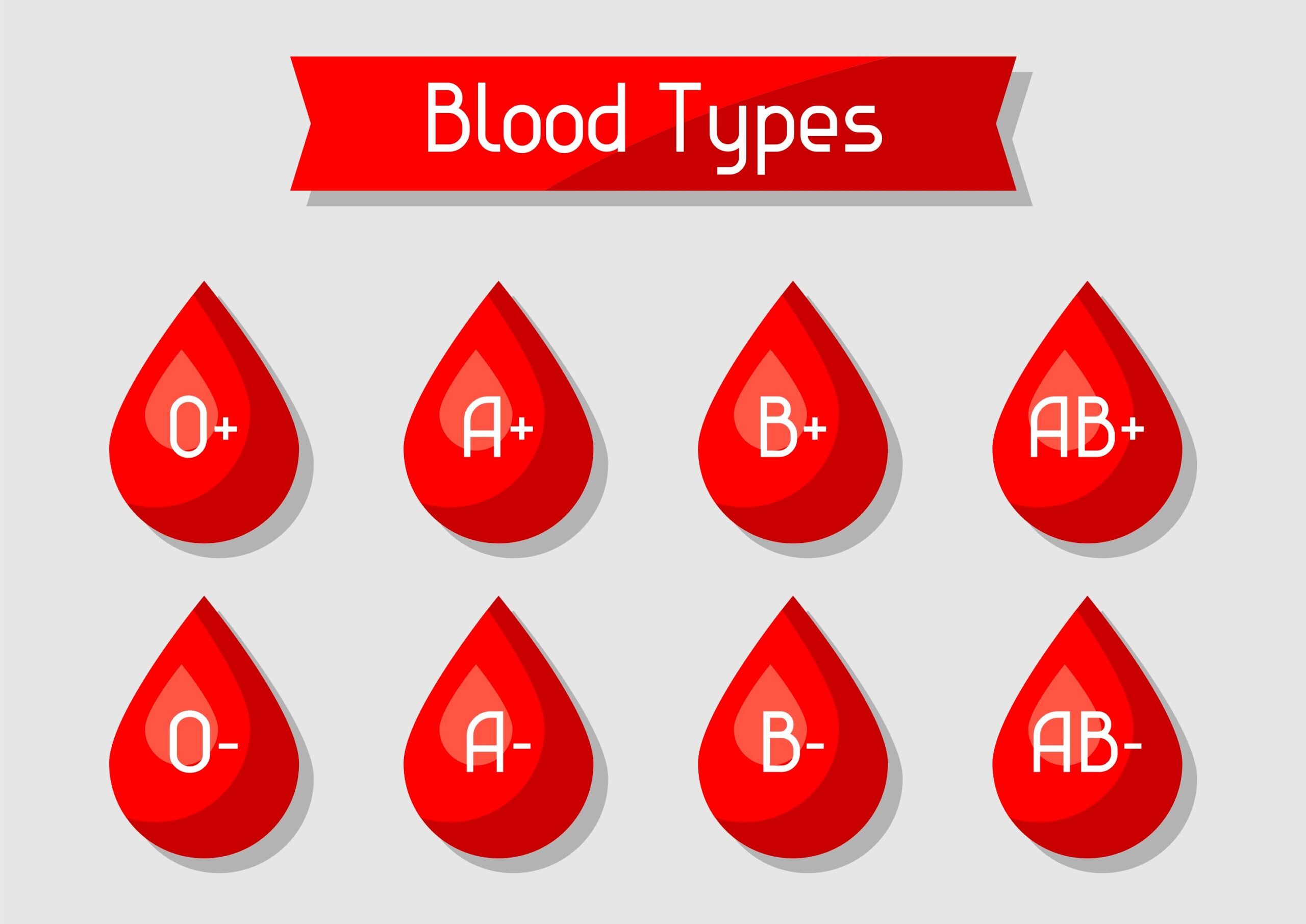What’s Blood Type Got to Do With COVID-19?
By Annette Pinder
According to MIT Medical in Cambridge Massachusetts, the relationship between a person’s blood type and their risk of contracting COVID-19 has been an ongoing topic of conversation and research since the pandemic began. Researchers in China found that individuals with Type A blood seemed to be at a higher risk for contracting coronavirus than individuals with Type O blood. Columbia University researchers in New York found that individuals with Type A blood were 34 percent more likely to test positive for COVID, then those with Type O or AB blood.
A genome-wide association study (GWAS) published in New England Journal of Medicine (NEJM) supported these results. GWAS is a research methodology used to identify genetic variations associated with particular diseases. In the NEJM study, genetic data from more than 1,600 patients hospitalized with severe cases of COVID-19 in Italy and Spain was analyzed and compared with 2,200 non-affected individuals. Their analysis found gene variants in two regions of the human genome associated with severe illness and increased risk of COVID-19-related death. One of these areas is associated with genes that determine blood type and other genes associated with immune function. Like the researchers in China and New York City, the NEJM study revealed a higher risk of severe illness in individuals with Type A blood, but a protective effect for patients with Type O. Type A blood was associated with a 45 percent increased risk of respiratory failure, while Type O was associated with a 35 percent reduction in risk for respiratory failure.
The NEJM study authors think the different combinations of A and B antigens may change how the body’s immune system produces infection-fighting antibodies or have another effect on how it responds to infection. They also think genes associated with blood type may have an effect on the ACE2 receptor, the protein that allows the SARS-CoV-2 virus to infect human cells.
Kenneth V. Snyder MD PhD, Vice President of Physician Quality at Kaleida Health, says, “Type O blood may also offer protection from the systemic clotting associated with COVID, which occurs when von Willebrand factor (VWF), a substance released when endothelial cells lining the interior surface of blood vessels are injured. For some reason the production and excretion of VWF is different with Type O blood.
Unless you are pregnant, your blood type is not a routine test ordered by physicians. Most of us don’t even know our blood type. Inexpensive home test kits available at drug stores or Amazon.com allow you to test your blood by pricking your finger, getting a small blood sample, and mixing it with antibodies to the A and B antigens on the card in the kit. An even better way to learn your blood type is by donating blood.
Dr. Snyder says, “Since blood type is not a risk factor you can control, you should neither panic if you have Type A, nor feel complacent if you have Type O. The most important thing you can do to protect yourself from coronavirus is to adhere to recommended guidelines — wearing masks in public, practicing safe physical distancing, frequent handwashing, limiting your time in public, and avoiding crowds.












